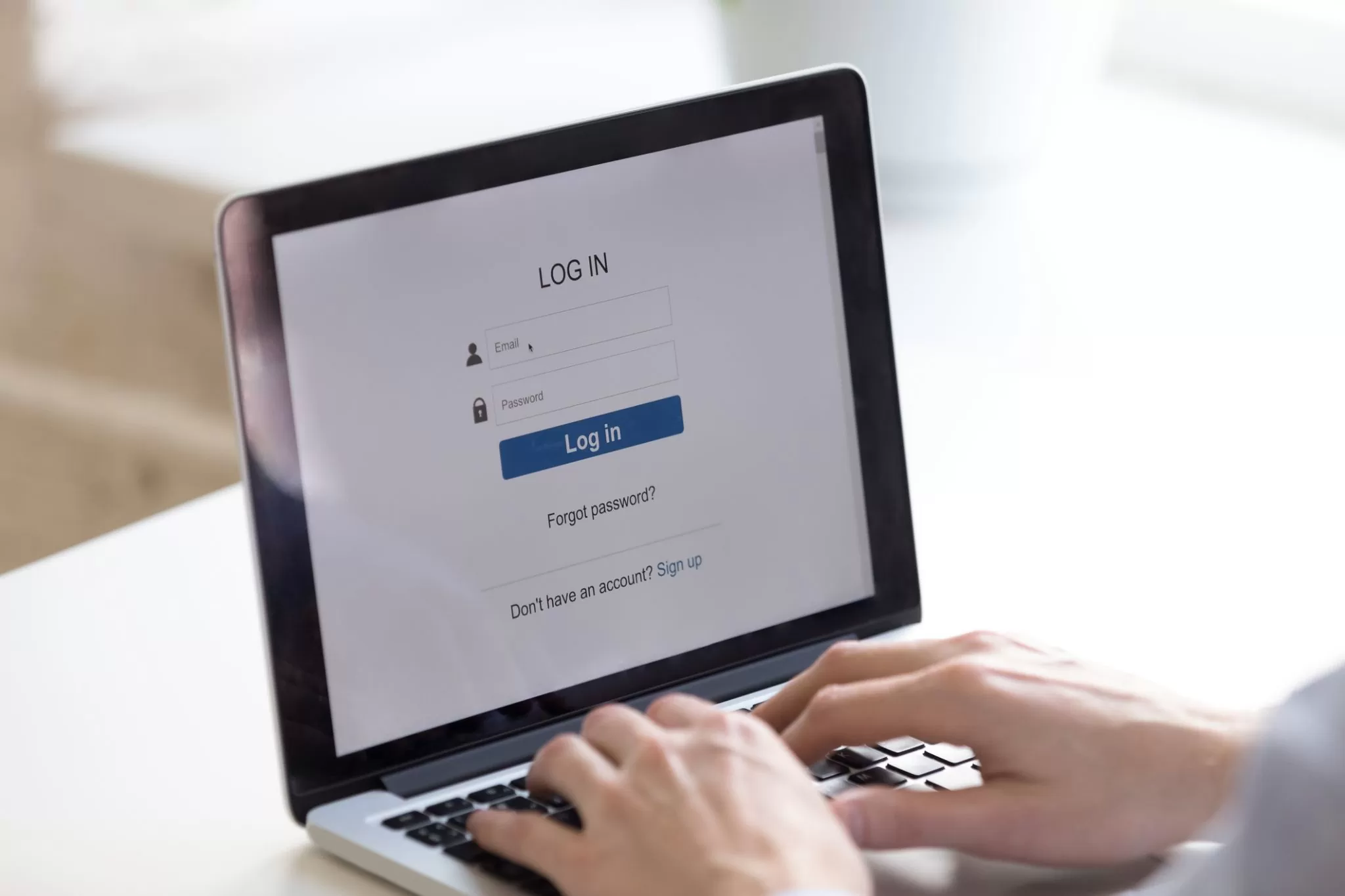
In today’s digital age, the integration of technology into academic environments has become increasingly prevalent. One such technological advancement is the academic approach login system, which serves as a gateway for students, teachers, and administrators to access educational resources and manage academic activities. This article explores the significance of academic approach login systems, their functionalities, and their impact on the educational landscape.
Understanding Academic Approach Login
Academic approach login refers to the digital authentication process used by educational institutions to grant access to their online platforms and resources. It serves as a secure mechanism for users to log in to their accounts, ensuring that only authorized individuals can access sensitive information and perform academic-related tasks.
Importance of Academic Approach Login
-
Enhancing Security and Privacy
The primary purpose of an academic approach login system is to safeguard sensitive academic data and personal information. By requiring users to authenticate their identities, institutions can prevent unauthorized access and protect the confidentiality of student records, grades, and other confidential information. Also read What is Aarpa and Why Should You Know About It?
-
Streamlining Access to Resources
With the proliferation of digital learning resources, having a centralized login system simplifies the process of accessing online libraries, course materials, and collaborative tools. Students and faculty members can conveniently log in to a single platform to access a myriad of educational resources, thereby enhancing efficiency and productivity.
-
Facilitating Communication and Collaboration
Academic approach login systems often incorporate communication tools such as email, messaging, and discussion forums, enabling seamless interaction between students, teachers, and administrators. This fosters collaboration, facilitates academic discussions, and promotes a sense of community within the educational institution.
-
Supporting Administrative Functions
From enrollment and registration to grading and course management, academic approach login systems play a vital role in supporting various administrative functions. These systems streamline administrative processes, allowing institutions to efficiently manage academic records, track student progress, and generate reports for accreditation purposes.
How Academic Approach Login Works
The process of using an academic approach login system typically involves the following steps:
- User Identification: Users are required to provide their unique credentials, such as username and password, to initiate the login process.
- Authentication: The system verifies the authenticity of the provided credentials by comparing them against the stored user data.
- Access Granted: Upon successful authentication, users are granted access to the designated resources and functionalities based on their role and permissions.
- Session Management: The system maintains a session for the logged-in user, allowing them to navigate through different pages and access various features without repeatedly logging in.
Challenges and Considerations
While academic approach login systems offer numerous benefits, they also pose certain challenges and considerations:
- Security Risks: Despite stringent security measures, academic approach login systems are susceptible to cybersecurity threats such as phishing attacks, password breaches, and identity theft. Institutions must implement robust security protocols and regularly update their systems to mitigate these risks.
- Usability and Accessibility: Complex login procedures and user interfaces can deter users from effectively utilizing academic approach login systems. Institutions should prioritize usability and accessibility by designing intuitive interfaces and providing adequate user support.
- Data Privacy Compliance: With the implementation of stringent data privacy regulations such as the General Data Protection Regulation (GDPR) and the Family Educational Rights and Privacy Act (FERPA), institutions must ensure compliance with regulatory requirements regarding the collection, storage, and sharing of personal data.
- Integration with Existing Systems: Seamless integration with existing learning management systems (LMS), student information systems (SIS), and other educational platforms is essential for ensuring interoperability and minimizing disruptions to academic workflows.
Conclusion
In conclusion, academic approach login systems play a crucial role in modern educational institutions by enhancing security, streamlining access to resources, facilitating communication, and supporting administrative functions. By understanding the significance of these systems and addressing associated challenges, educational institutions can leverage technology to create a more efficient, secure, and collaborative learning environment for students, teachers, and administrators alike.



